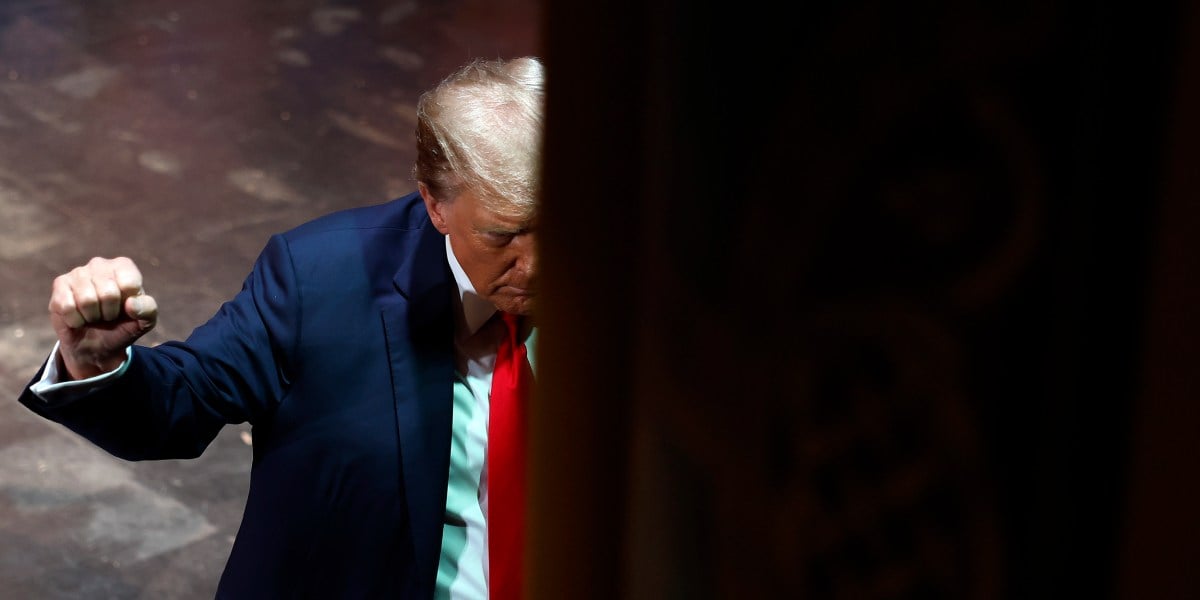"Progressives should not make the same mistake that Ernst Thälmann made in 1932. The leader of the German Communist Party, Thälmann saw mainstream liberals as his enemies, and so the center and left never joined forces against the Nazis. Thälmann famously said that ‘some Nazi trees must not be allowed to overshadow a forest’ of social democrats, whom he sneeringly called ‘social fascists.’
After Adolf Hitler gained power in 1933, Thälmann was arrested. He was shot on Hitler’s orders in Buchenwald concentration camp in 1944."



The Catholic Centre Party was in open - often violent - conflict with the largely atheist-leaning German Communists. The German Catholics were terrified of a repeat of the Spanish Civil War, where Spaniards were revolting against a religious dictatorship and burning down churches.
Wilhelm was aligned with the DNVP as far back as 1923. He was the one who pushed through the Enabling Act of 1923, which the Nazis would ruthlessly exploit a decade later, with their help. And he continued to govern in coalition with the DNVP through 1928, when he was dismissed from the Chancellory by…
So, to answer your question
My point is that blaming Ernest Thälmann for his minority party position in the German government through 1933 when it would make much more sense to finger Alfred Hugenberg and his DNVP, which abandoned Wilhelm in '28 and aligned with
.